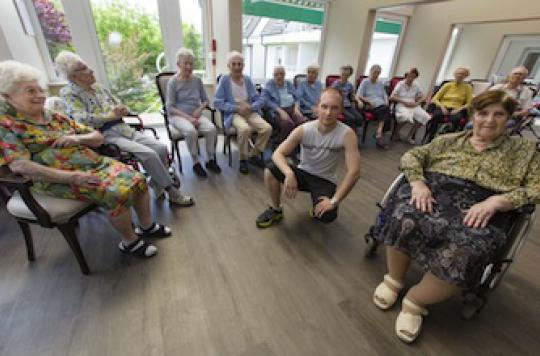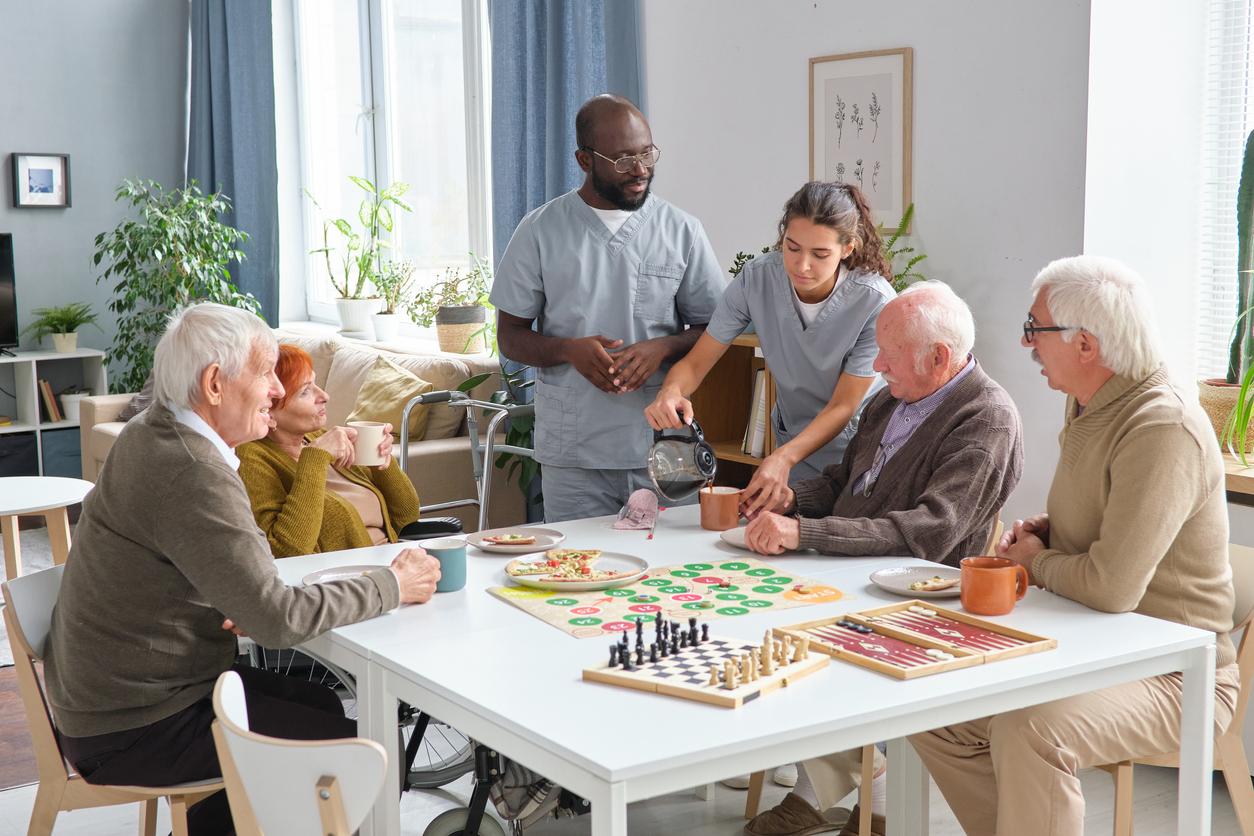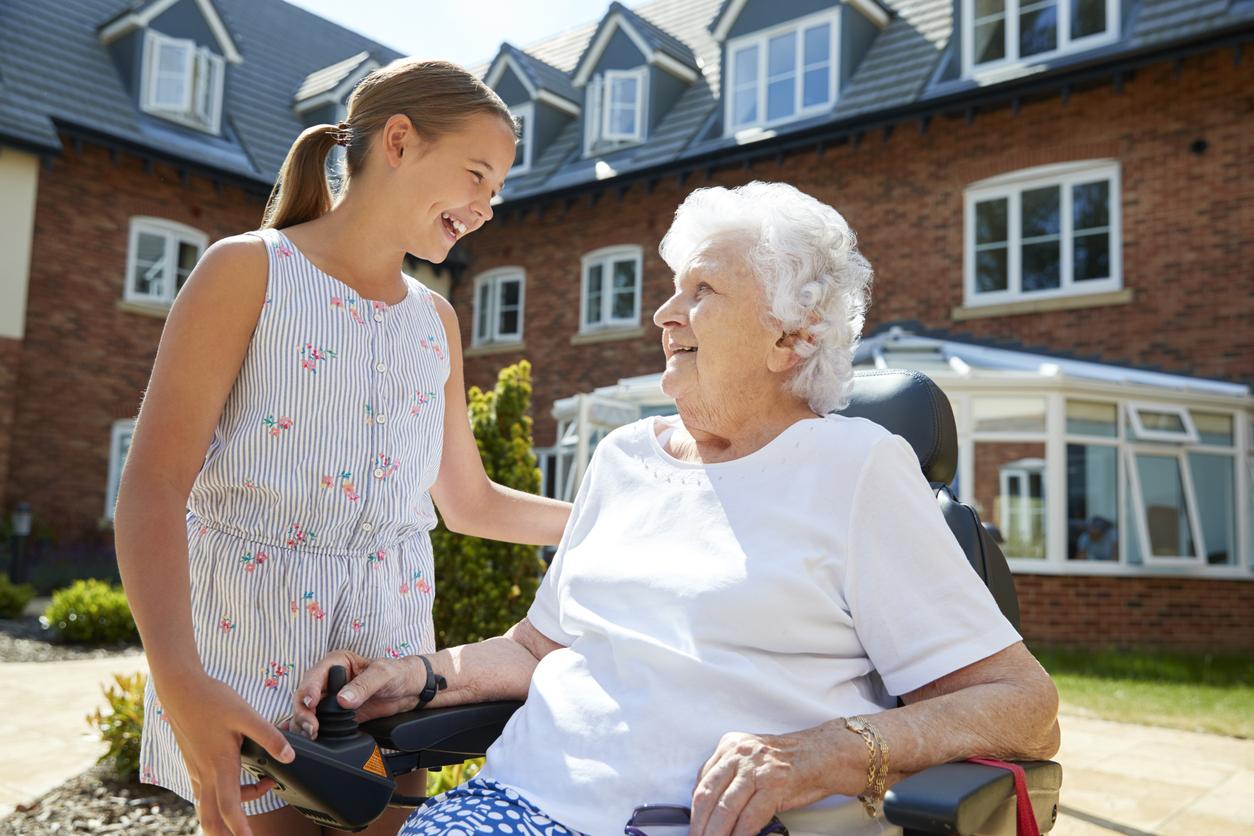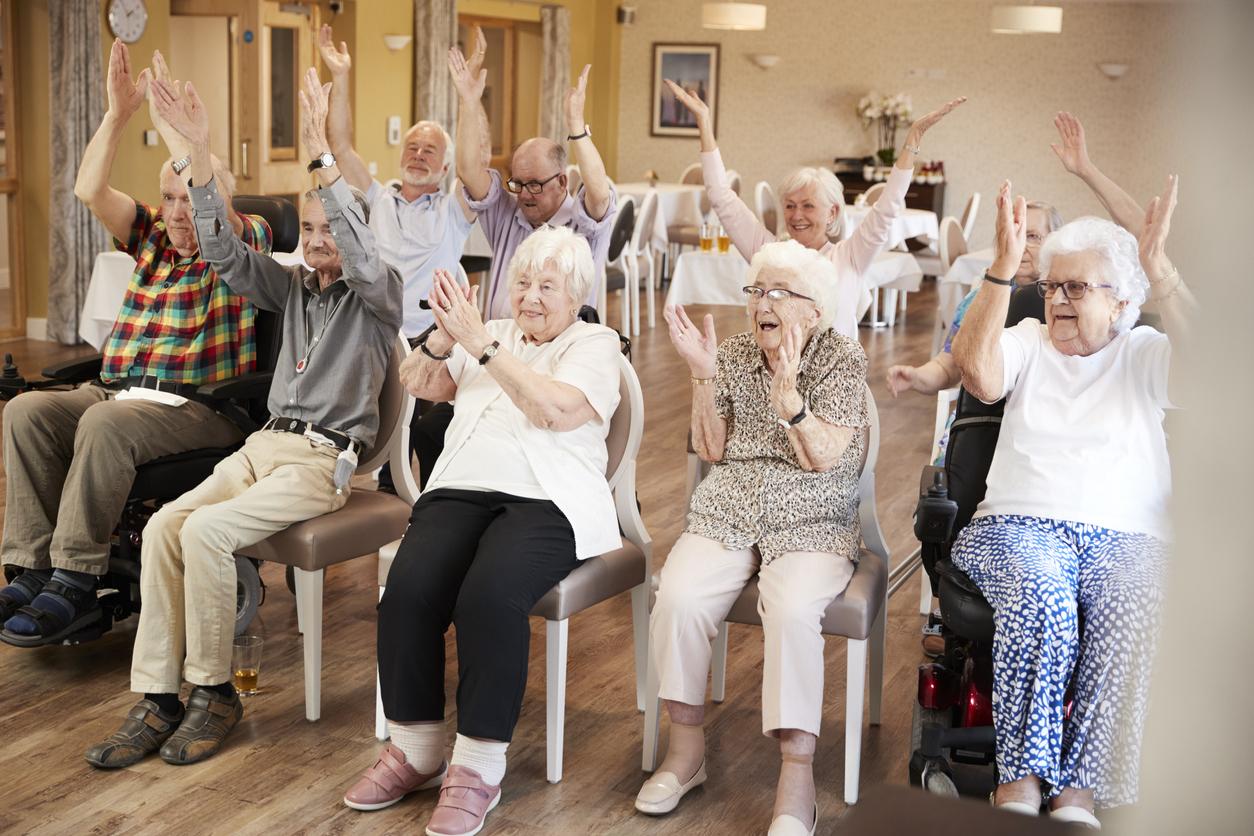The Comptroller General of Places of Deprivation of Liberty asks to broaden his field of competence to include establishments for the elderly. Mixed reception from the minister.

The Controller General of Places of Deprivation of Liberty (CGLPL) has just tabled a draft bill which will be in the hands of the Prime Minister in May 2012 to extend the powers of general control to accommodation establishments for dependent elderly people (EHPAD ). For Jean-Marie Delarue, three arguments militate in favor of extending his skills to EHPADs.
First of all, the report specifies that dependent elderly people are, in a specialized institution, de facto deprived of their liberty. And, because EHPADs welcome dependent populations, they are forced to ensure their safety. To do this, establishments are obliged to be closed; and the ability of patients to come and go is then only theoretical. However, if some elderly people stay there only for periods of a few weeks, others stay there for years. So even if there is in theory in EHPAD neither obstacles to entry, nor impediment to exit, in practice many establishments, for the protection of the elderly, are closed (certain units known as “Alzheimer’s” are in the case of ). For the first controller, “deprivation of liberty is here not a matter of law but of fact and can therefore come within the scope of the general control”.
Then, the CGLPL underlines that the protection of the elderly with loss of autonomy is a human requirement. And, the psychological distress due to a weakening of the capacity for consent makes these populations all the more vulnerable. It is therefore often to protect them from themselves that these dependent elderly people are locked up. “This deprivation of liberty is a human reality which cannot be ignored”, recalls the report.
Finally, the last argument, the duty of transparency for families and the general public. For the authority, the public authorities have obviously been aware of this requirement for a long time. This is why on January 7, 2013, the Government created the “National Committee for the Well-being and the Rights of the Elderly and the Disabled”. So even if special attention exists, it is essentially based on the self-discipline of professionals. To improve the system, the Comptroller General considers that “assessments carried out as well as inspections are undeniably necessary to improve practices”.
So can we associate EPHAD and places of deprivation of liberty? For Michèle Delaunay, Minister for the Elderly and Autonomy, considering these places in themselves as limiting freedom would have two unfortunate consequences. It would be first of all “a sign that is not very encouraging for the elderly themselves to think that they are likely to enter such a place thus defined, they who have lived to an advanced age with their full. autonomy, in a home which was their own and which, very often, had to go through moments (I am thinking in particular of wars) when they were led to defend their freedom ”. In addition, the minister wonders how the staff of these EHPAD would live this association? “They have, at all levels, a difficult job, demanding where the common denominator of their commitment is to keep as long as possible, even to improve the autonomy of residents? Wouldn’t it also be a bad sign to assimilate the place of their exercise as a place limiting freedom and not as a place where everything is done to preserve it? »Concludes Michèle Delaunay.
.















